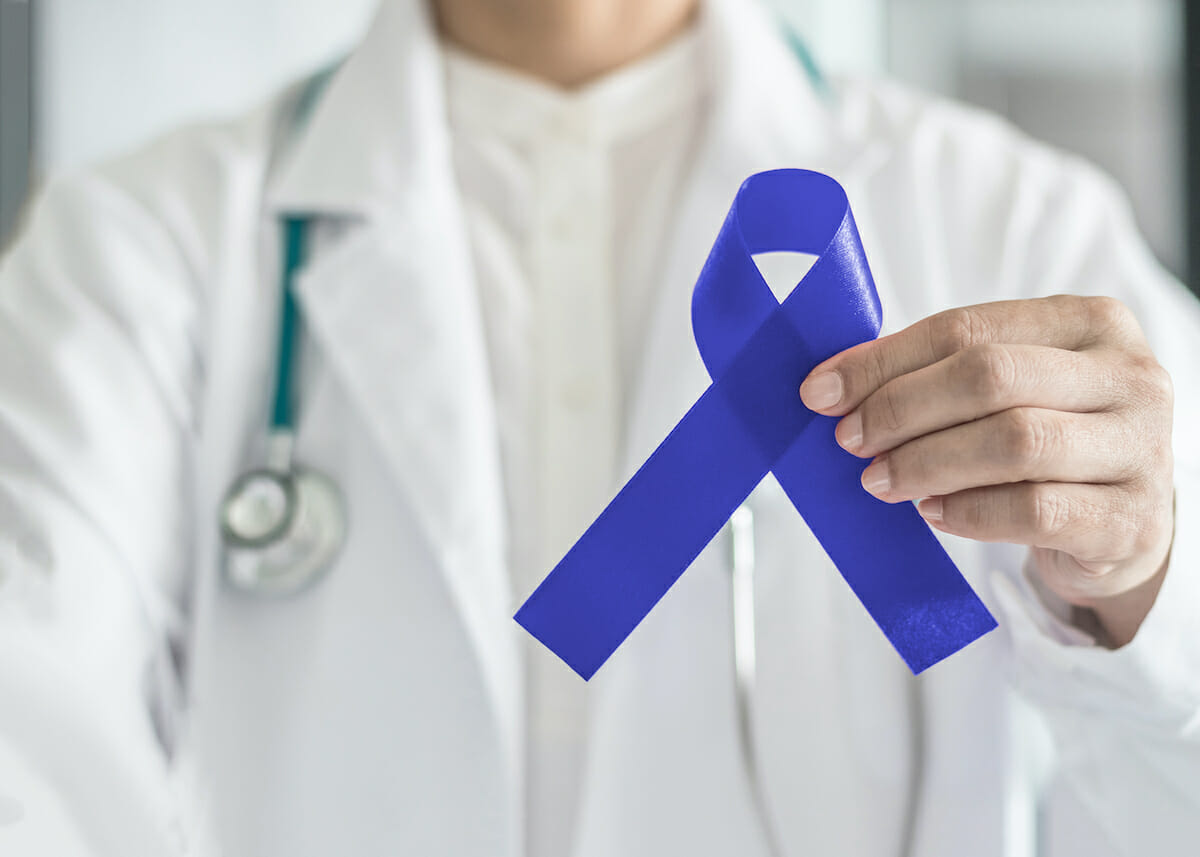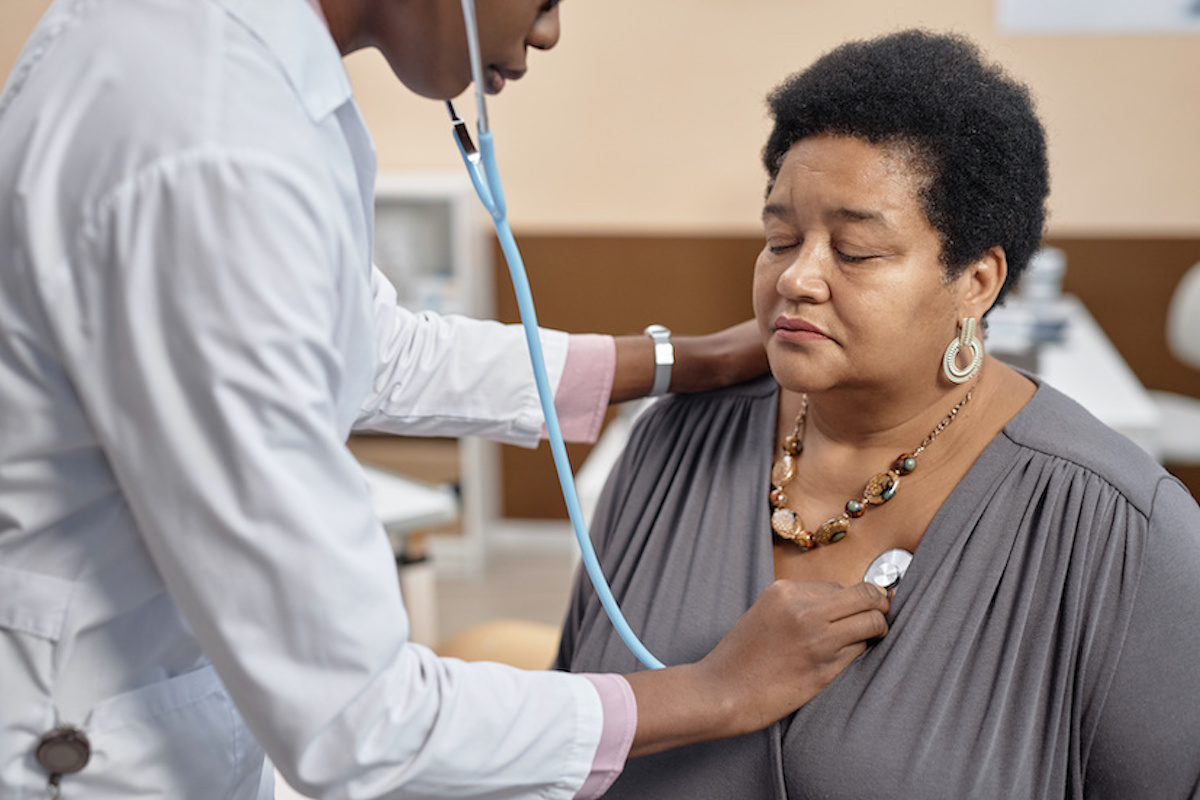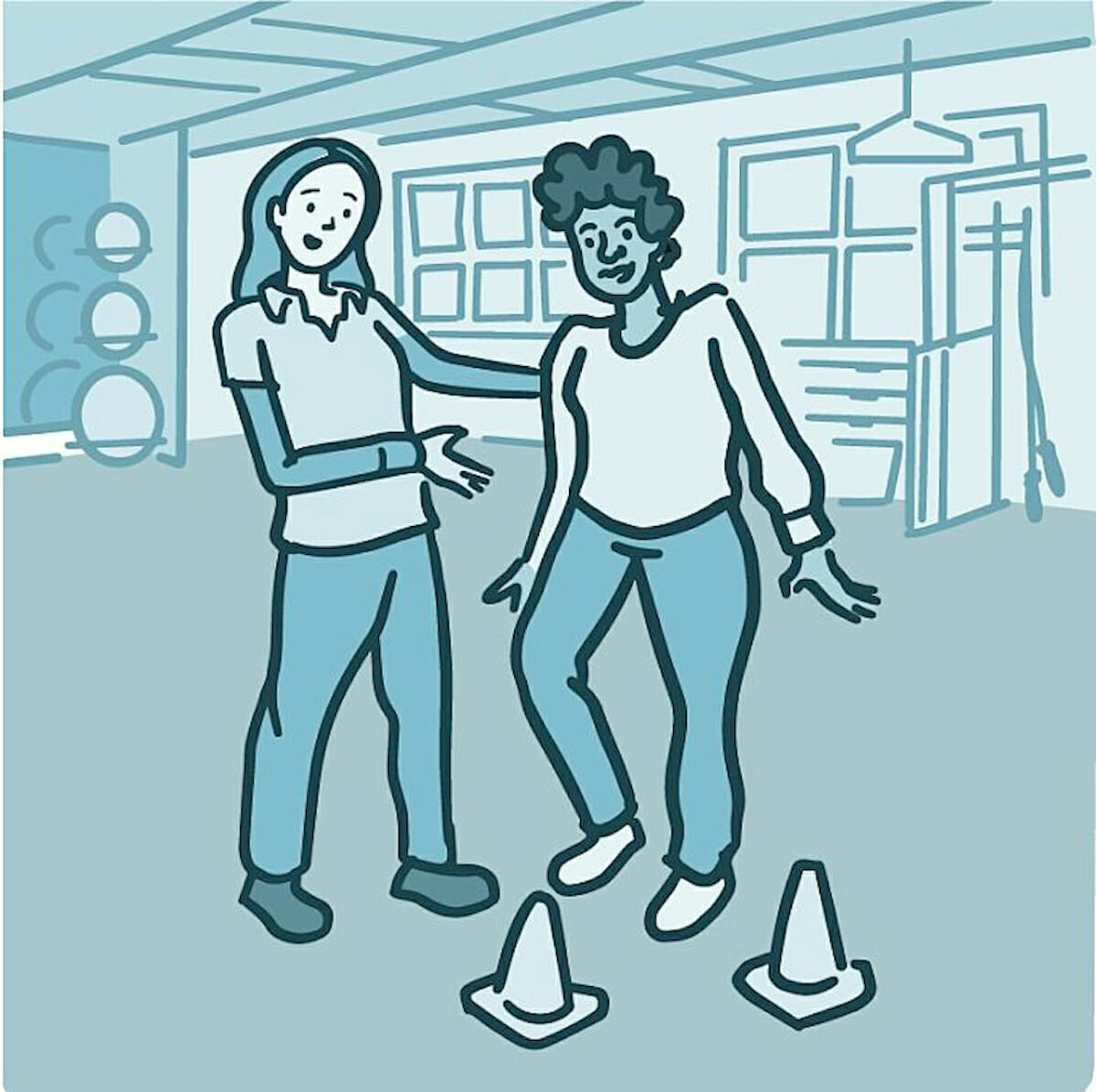In the United States, colorectal cancer (CRC) is the third most common and second most lethal cancer. More than one–tenth of CRC cases (11% of colon cancers and 18% of rectal cancers) have a young onset (ie, occurring in individuals younger than 50 years). The reasons why the incidence of colorectal cancer is increasing in younger patients remain unknown, although genetic predisposition, environmental factors, fewer early cancer detections in this population or a combination of these factors are thought to play a role The CRC incidence and mortality rates are decreasing among all age groups older than 50 years, yet increasing in younger individuals for whom screening use is limited and key symptoms may go unrecognized. When apparently average–risk young adults present with CRC–like symptoms (eg, unexplained persistent rectal bleeding, anemia, and abdominal pain), endoscopic work–ups can expedite diagnosis. Early screening in high–risk individuals and thorough diagnostic work–ups in symptomatic young adults may improve young–onset CRC trends. Yet, stage-specific survival in patients with young-onset CRC is comparable to that of patients with later-onset cancer. Primary care physicians have an important opportunity to identify high-risk young individuals for screening and to promptly evaluate CRC symptoms.
Source: http://www.mdlinx. com/gastroenterology/
Colorectal Cancer Symptoms
Colorectal cancer first develops with few, if any, symptoms. It is important not to wait for symptoms before talking to your doctor about getting screened. However, if symptoms are present, they may include:
A change in your bowel habits, including diarrhea or constipation or a change in the consistency of your stool
Feeling that your bowel does not empty completely, rectal bleeding, or finding blood (either bright red or very dark) in your stool
Finding your stools are narrower than usual
Persistent abdominal discomfort, such as cramps, gas, pain, or feeling full or bloated
Losing weight with no known reason
Weakness or fatigue
Having nausea or vomiting
These symptoms can also be associated with many other health conditions. Only your doctor can determine why you’re having these symptoms. Usually, early cancer does not cause pain. It is important not to wait to feel pain before seeing a doctor.
Know the Facts
Colon cancer has become a reality for many people younger than age 50, and it’s the only population where incidence rates are on the rise. In the U.S., approximately 10% of colon cancer cases are diagnosed in individuals under age 50.
Colon cancer incidence and mortality rates are increasing in the under 50 population (young-onset), while decreasing in those over 50. Young-onset rectal cancer incidence has increased at nearly twice the rate of young-onset colon cancer. Young-onset has a preference for the distal colon (the segment of your colon right before the rectum begins) or rectum and often presents at an advanced stage.
Screening is recommended to start earlier than age 50 in those with a family history of colon cancer or advanced adenomas (noncancerous tumors), and in those with hereditary genetic syndromes associated with increased risk. Patients with inflammatory bowel disease or other conditions increasing risk may also benefit from close follow-up.
Individuals under 50 who have symptoms that may be consistent with colon cancer need to seek medical attention so the appropriate testing can be done and deserve a prompt and thorough examination.
Physician-related delays (e.g., missed symptoms, initial misdiagnosis) have been estimated to occur in 15-50% of young-onset colon cancer cases.*
Discussions of lowering the screening age for the average-risk population have begun. As it stands, the U.S. Preventative Services Task Force (USPSTF) feels there is insufficient evidence for lowering the screening age to 40 years in the average-risk population.
When to see a doctor
If you notice any symptoms of colon cancer, such as blood in your stool or a persistent change in bowel habits, make an appointment with your doctor.
This information compiled from Centers for Disease Control and Prevention and the National Cancer Institute
See more at: http://ccalliance. org/nevertooyoung/facts. html#sthash.3RI1OnqK.dpuf
Exclusive content from CARE magazine.











